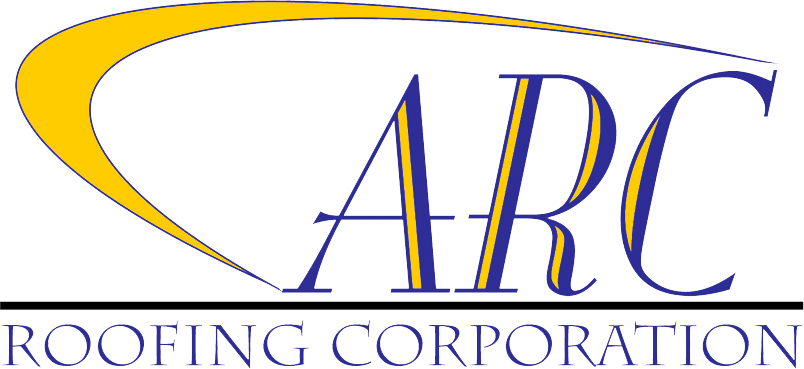Do Insurance Companies Cover Metal Roofs?
Yes, insurance companies generally cover metal roofs.
If you’re considering installing a metal roof on your home, one question that may be on your mind is how it will affect your homeowners insurance rates. Metal roofs are known for their durability and longevity, but do these benefits translate into lower insurance premiums? Let’s take a closer look.
The Factors Insurance Companies Consider
When calculating homeowners insurance rates, insurance companies take several factors into account related to your roof. They look at the roof’s overall condition, the materials it is made of, and its expected lifespan. A well-maintained roof made of durable materials that is less likely to get damaged can lead to more favorable insurance rates.
Metal roofs score highly in this regard. With life expectancies of 40-70 years, metal roofs far outlast traditional asphalt shingles. Their sturdy construction allows them to withstand high winds, heavy snow loads, hail impacts, and extreme temperatures that could damage other roofing materials. Many metal roofing products also have top-level Class A fire ratings, meaning they are extremely resistant to catching fire and spreading flames to the rest of the home.
For insurance providers, the impressive durability and resilience of metal roofs against the elements translates into a lower risk of homeowners needing to file costly claims for repairs or total roof replacements down the road. This reduced risk exposure can make homes with metal roofs more appealing to insure.
The Insurance Benefits of Metal Roofs
Research shows that metal roofs can indeed lower homeowners insurance premiums in many cases, sometimes by as much as 35% compared to homes with standard asphalt shingle roofing. However, the exact discount amount varies between insurance carriers and specific policies.
Insurance companies like Progressive acknowledge providing discounts for metal roofs due to their increased resistance to hazards like hail, high winds, and wildfires. State Farm notes that homes with impact-resistant metal roofs may qualify for lower annual premiums in some regions prone to frequent hailstorms, such as Colorado.
But beyond just scoring discounts, metal roofing can also protect homeowners from higher premium hikes down the line. Because metal roofs last so long without needing major repairs or replacements, the carriers face less risk of having to increase rates due to homeowners filing damage claims. The roof’s longevity helps stabilize the costs of insuring the home over time.
Other Factors to Consider
While metal roofs provide distinct advantages from an insurance standpoint, there are some potential drawbacks that insurers may weigh as well:
- Metal roofs have higher upfront installation costs compared to asphalt shingles, which could make claims for total roof replacements more expensive for the insurance company.
- Some policies may transition metal roof coverage from full replacement cost to actual cash value (ACV) after a set number of years, increasing out-of-pocket costs for the homeowner when filing a claim.
- Concerns have been raised that metal roofs may be more difficult for firefighters to cut through to ventilate a home during an interior fire, potentially leading to more severe fire damage overall.
It’s always a good idea for homeowners to discuss their specific roofing setup with their insurance agent. While metal roofs do provide advantages, the insurance implications can vary based on the insurer, the metal roofing material and product utilized, the home’s geographic region, and other risk factors. Having an open dialogue ensures you receive any applicable discounts and understand all the ramifications on your policy.
The Bigger Picture of Metal Roofs
Looking beyond just the insurance implications, there are many reasons why investing in a high-quality metal roof makes sense from a cost-of-ownership standpoint:
- Metal roofs are extremely low maintenance, with most not requiring re-coating or other costly treatments for 40+ years. This saves homeowners money over time compared to roofs that need more frequent repairs.
- The superior weather resistance of metal roofs helps safeguard a home’s interior spaces and contents from water damage during heavy storms and high winds.
- Durable metal helps boost a home’s resale value both through the material’s aesthetic appeal as well as its practical longevity benefits.
So when you factor in the potential insurance savings, low lifetime maintenance costs, and increased home value, metal roofing presents a compelling solution for discerning homeowners who want a sturdy, reliable roof over their heads for decades to come.
While there is no one-size-fits-all when it comes to insurance coverage, the weight of evidence shows that making the investment in a high-quality metal roof can likely pay dividends in the form of reduced premiums and increased protection against costly damage down the road. For homeowners willing to look past the higher upfront costs, metal roofs offer peace of mind and long-term financial benefits that make them worth serious consideration.






